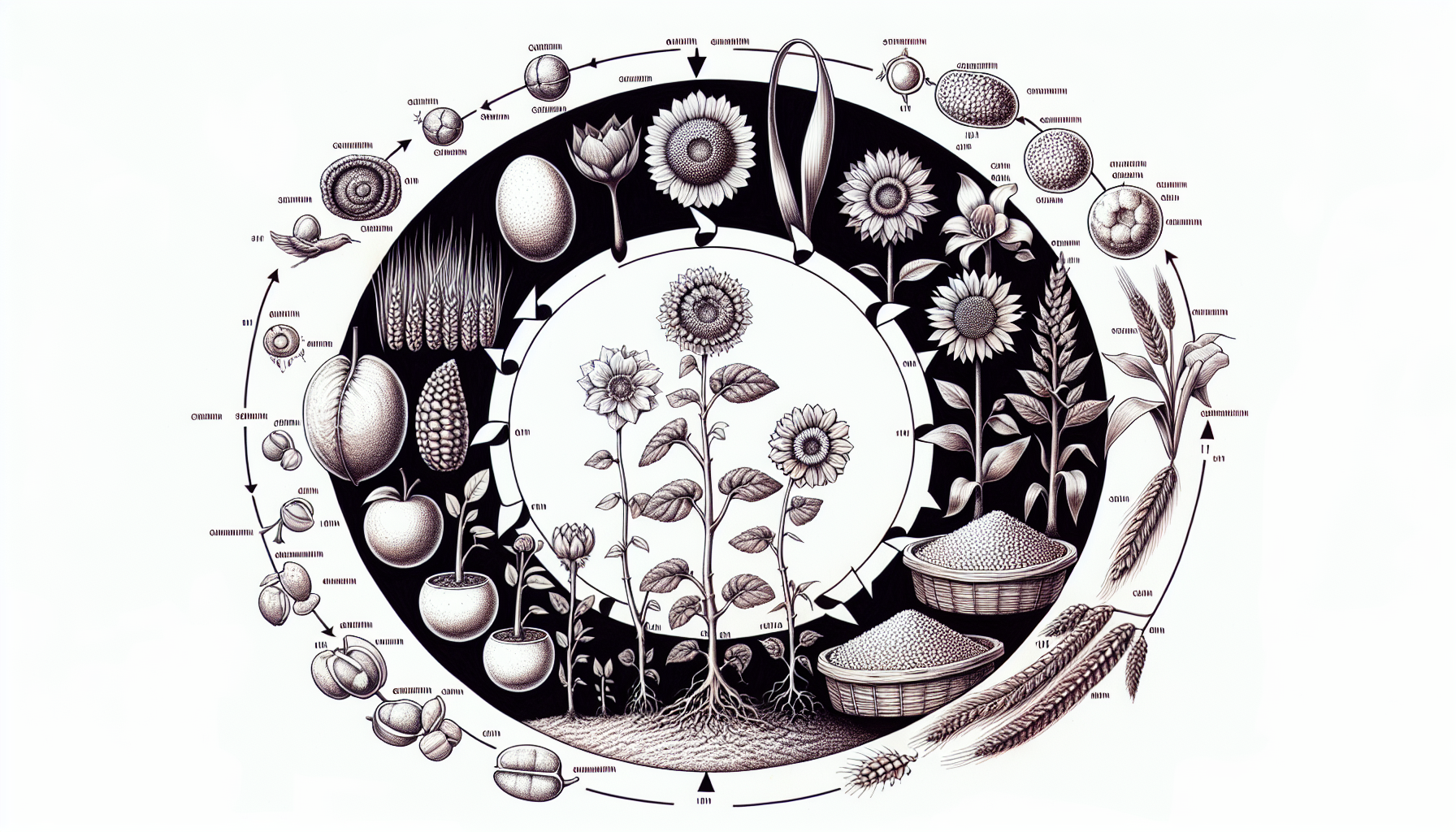Women in the Field: Breaking Barriers in Oil and Gas Technician Jobs

Despite the progress made in recent years, women in the oil and gas sector continue to encounter significant challenges. Stereotypes and skepticism regarding their technical capabilities persist, creating an environment where female technicians often feel the need to validate their skills more rigorously than their male counterparts. Sarah, an oil and gas technician with over five years of experience, recalls her journey, stating, “It was intimidating at first being the only woman in my training class, but I quickly realized that my skills spoke louder than any doubts others had about me.” Such experiences highlight the need for a cultural shift within the industry. Many companies have begun to recognize the importance of creating inclusive practices. Initiatives aimed at fostering a supportive environment for women—such as mentorship programs, diversity training, and networking opportunities—are becoming more common. These initiatives not only empower female technicians but also promote a culture of respect and collaboration among all employees, paving the way for a more equitable workplace.
Support Systems and Networking
Support systems are vital for the retention and advancement of women in technical roles within the oil and gas industry. Organizations like 'Women in Oil and Gas' and the 'Society of Women Engineers' play a pivotal role in providing resources and mentorship tailored for women in the field. They facilitate workshops, conferences, and online forums, allowing female technicians to share experiences, seek guidance, and build valuable relationships. For instance, a recent conference hosted by a leading industry organization featured panel discussions with successful women in various technical positions. Attendees had the opportunity to engage with these role models, tackling pressing issues such as work-life balance and gender-based challenges. These interactions not only inspire but also foster a sense of community, crucial for professional growth and advancement.
The Importance of Diversity
Diversity within the workforce extends beyond mere representation; it yields significant benefits for companies and the industry as a whole. Research demonstrates that diverse teams are more innovative and effective at problem-solving. By incorporating a variety of perspectives, female technicians can contribute to the development of more robust solutions, ultimately enhancing operational efficiency and safety. Moreover, the presence of women in technical roles can positively shape company culture and improve employee morale. Lisa, a technician, notes, “When I joined my team, I felt like I was part of something bigger. It’s about building relationships and fostering a sense of belonging, which ultimately leads to a more productive work environment.” Such sentiments underscore the importance of creating an inclusive atmosphere that values diversity as a key driver of success.
Success Stories and Role Models
The narratives of women who have successfully navigated their careers in the oil and gas sector serve as powerful sources of inspiration for others considering similar paths. From engineers to field technicians, these role models exemplify how determination, skill, and resilience can lead to success despite systemic challenges. For example, Rachel, the first female technician in her company’s history, not only excelled in her role but also took on leadership positions, advocating for more inclusive practices within her organization. Highlighting these success stories is essential for changing perceptions about women in the industry. By showcasing their achievements, the oil and gas sector can challenge stereotypes and inspire the next generation of female technicians to pursue careers in this dynamic field.
The journey of women in oil and gas technician roles is characterized by resilience, determination, and success. As the industry continues to evolve, the contributions of female technicians are critical for driving innovation, enhancing safety protocols, and improving workplace culture. By breaking down barriers, fostering supportive networks, and celebrating success stories, the oil and gas sector can cultivate a more inclusive environment that benefits not only women but the industry as a whole. Moving forward, it is evident that diversity is not just an aspirational goal; it is a necessity for fostering a thriving and dynamic workforce in the ever-changing landscape of oil and gas.
Field Service Technician - Oil and Gas
Halliburton, Schlumberger, Baker Hughes
Core Responsibilities
Conduct maintenance and repair of drilling and production equipment at various field locations.
Troubleshoot and resolve technical issues on-site, ensuring minimal downtime for operations.
Collaborate with engineers and project managers to implement system upgrades and improvements.
Required Skills
Strong mechanical aptitude with hands-on experience in oil and gas machinery.
Proficiency in diagnostic tools and software used in the industry.
Excellent problem-solving skills and the ability to work independently in remote locations.
Process Safety Engineer
ExxonMobil, Chevron, BP
Core Responsibilities
Develop and implement safety procedures and protocols to minimize risk in oil and gas operations.
Conduct hazard analyses, risk assessments, and safety audits to ensure compliance with regulations.
Collaborate with cross-functional teams to design safer processes and systems.
Required Skills
In-depth knowledge of process safety management (PSM) and related regulations (OSHA, EPA).
Strong analytical skills with experience in risk assessment methodologies.
Engineering degree (Chemical or Mechanical) with relevant certifications (e.g., CSP, TPE).
Reservoir Engineer
ConocoPhillips, TotalEnergies, Occidental Petroleum
Core Responsibilities
Analyze reservoir performance and data to optimize oil and gas production strategies.
Develop simulation models to predict future production and assess new drilling opportunities.
Collaborate with geologists to assess the viability of drilling locations.
Required Skills
Proficient in reservoir modeling software (e.g., Eclipse, CMG).
Strong mathematical and analytical skills with a focus on data interpretation.
Bachelor’s degree in Petroleum Engineering or related field; advanced degrees are often preferred.
Environmental Compliance Specialist
Shell, Anadarko
Core Responsibilities
Monitor and ensure compliance with environmental regulations and standards in oil and gas operations.
Conduct environmental assessments and audits, reporting findings to management and regulatory bodies.
Develop and implement environmental management plans and sustainability initiatives.
Required Skills
In-depth knowledge of environmental laws and regulations (e.g., NEPA, CERCLA).
Strong communication skills for reporting and interacting with regulatory agencies.
Degree in Environmental Science, Engineering, or related field with relevant certifications (e.g., NEPA, ISO 14001).
Geoscientist - Oil and Gas Exploration
Chevron, Eni, TotalEnergies
Core Responsibilities
Utilize geological data to identify potential oil and gas reserves and assess their viability.
Conduct field studies and laboratory analysis to support exploration and production efforts.
Collaborate with engineers and other scientists to integrate geological findings into drilling plans.
Required Skills
Proficiency in geological modeling software (e.g., Petrel, ArcGIS).
Strong analytical skills with the ability to interpret complex geological data.
A degree in Geology, Earth Sciences, or a related field; advanced degrees enhance job prospects.


